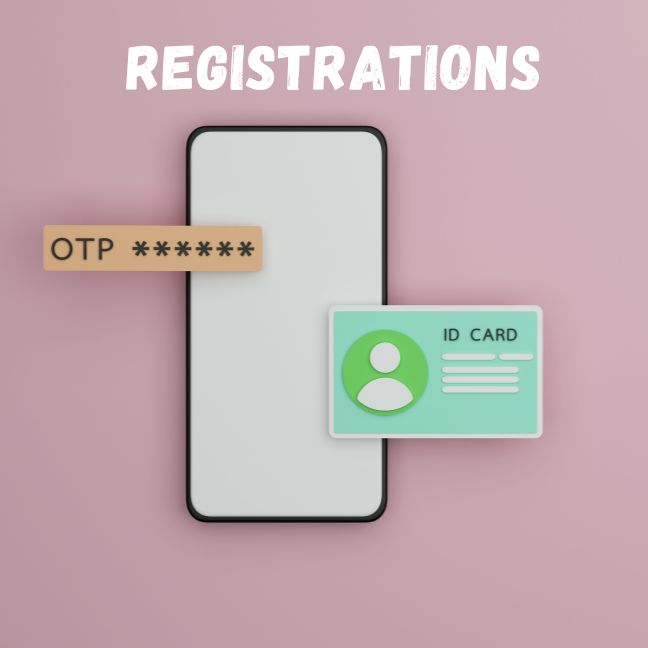
Here are some examples of government and non-government financial schemes:
Government Financial Schemes:
- Small Business Administration (SBA) Loans: The SBA offers various loan programs to assist small businesses, including the 7(a) Loan Program, Microloan Program, and CDC/504 Loan Program. These loans provide funding for starting, expanding, or acquiring businesses.
- Grants and Subsidies: Governments often provide grants and subsidies to support specific sectors, such as agriculture, renewable energy, research and development, and education. These funds can help businesses and organizations undertake projects or initiatives aligned with government objectives.
- Export Assistance Programs: Governments may offer financial schemes to support businesses involved in export activities. These programs provide assistance with export financing, insurance, market research, and export promotion.
- Tax Incentives: Governments may provide tax incentives to stimulate economic activities or attract investments. These incentives can include tax credits, deductions, exemptions, or reduced tax rates for businesses operating in specific industries or regions.
- Infrastructure Development Funds: Governments allocate funds for infrastructure development, including transportation, energy, telecommunications, and urban development. These funds create opportunities for construction companies, engineering firms, and related industries.
Non-Government Financial Schemes:
- Venture Capital and Angel Investor Funding: Private investors, such as venture capital firms and angel investors, provide funding to startups and early-stage companies in exchange for equity or debt. These investors often bring expertise and mentorship along with the financial support.
Crowdfunding: Crowdfunding platforms allow individuals or businesses to raise funds from a large number of people through small contributions. It can be donation-based, rewards-based, equity-based, or debt-based crowdfunding, depending on the platform and project.
Microfinance Programs: Microfinance institutions offer small loans, savings accounts, and other financial services to low-income individuals or entrepreneurs who have limited access to traditional banking services. These programs help promote financial inclusion and support small-scale businesses.
Impact Investing: Impact investors allocate funds to projects or businesses that generate social or environmental benefits alongside financial returns. These investors seek to make a positive impact while generating profits.
Non-Profit Grants and Funding: Non-profit organizations often receive grants and funding from foundations, philanthropic individuals, or corporate social responsibility initiatives. These funds support their social missions and operational activities.

















